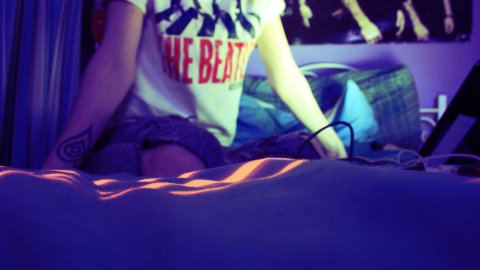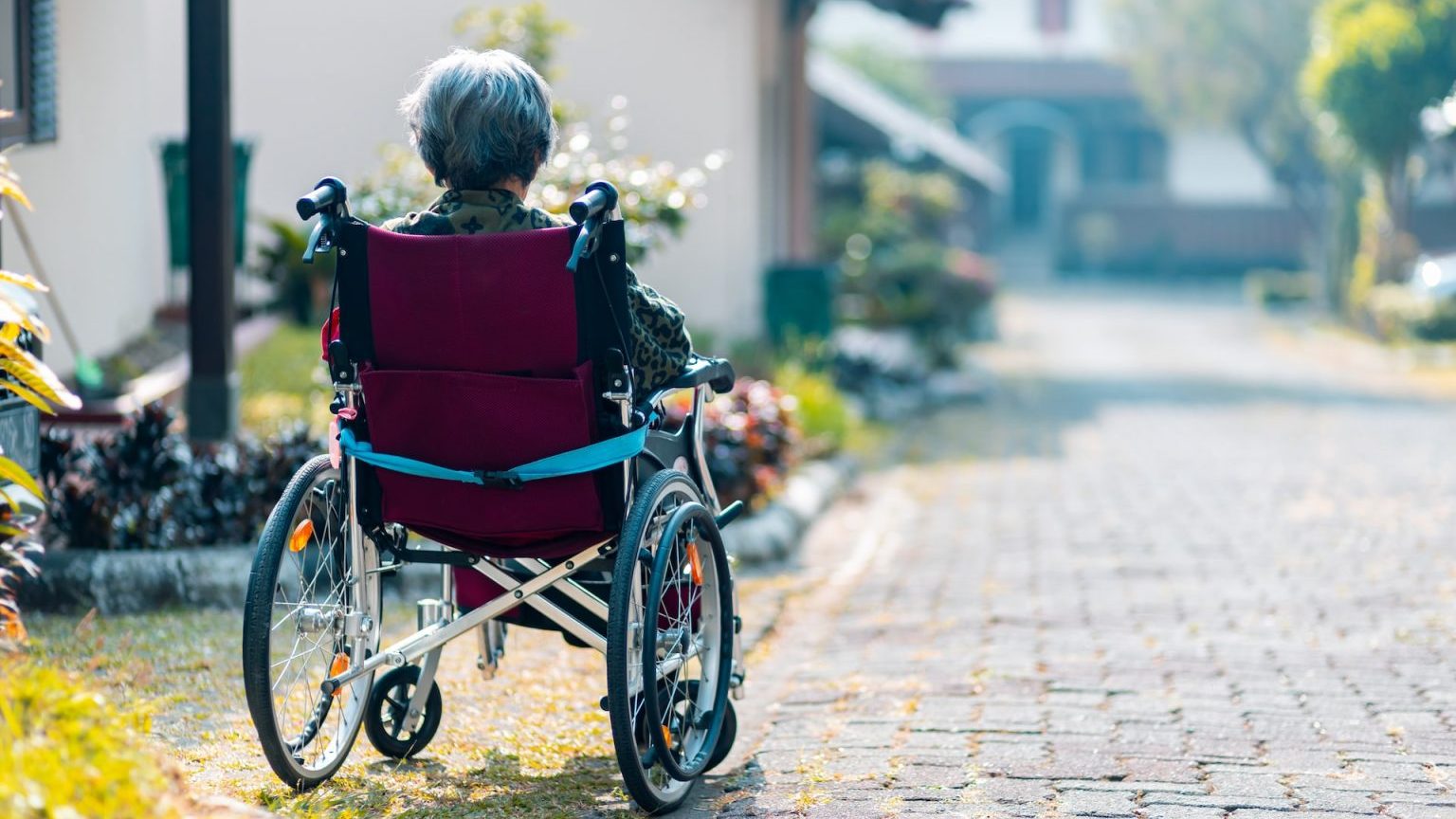Napping Can Reverse the Effects of a Poor Night’s Sleep

We’ve all been through an all-nighter, staying up late and only racking up two hours of sleep. The next day you feel run-down, stressed. But taking a short nap can boost that immune system and return stress levels to normal — amending some of the damage done by not catching enough Zs.
One of the study’s authors, Brice Faraut, from the Université Paris Descartes-Sorbonne Paris Cité, said of the research:
“Our data suggests a 30-minute nap can reverse the hormonal impact of a night of poor sleep. This is the first study that found napping could restore biomarkers of neuroendocrine and immune health to normal levels.”
The researchers took 11 healthy men between the ages of 25 and 32. The participants underwent two sessions of testing where their meals and room lighting were all controlled in a lab.
In one session, the participants were restricted to two hours of sleep for a night, and in another session, subjects were able to take two, 30-minute naps the following day. Researchers took saliva and urine samples from the participants after each session to measure how their hormone levels responded after restricting sleep and the recovery naps.
The researchers found increases in the hormone norepinephrine, which is related to the body’s fight-or-flight stress response, and contributes to increased heart rate, blood pressure, and blood sugar. They also saw decreases in a certain protein related to fighting off viruses. However, after napping, these levels stabilized.
Faraut says that these results suggest:
“Napping may offer a way to counter the damaging effects of sleep restriction by helping the immune and neuroendocrine systems to recover. The findings support the development of practical strategies for addressing chronically sleep-deprived populations, such as night and shift workers.”
Read more at Science Daily.
Photo Credit: Shay/Flickr





